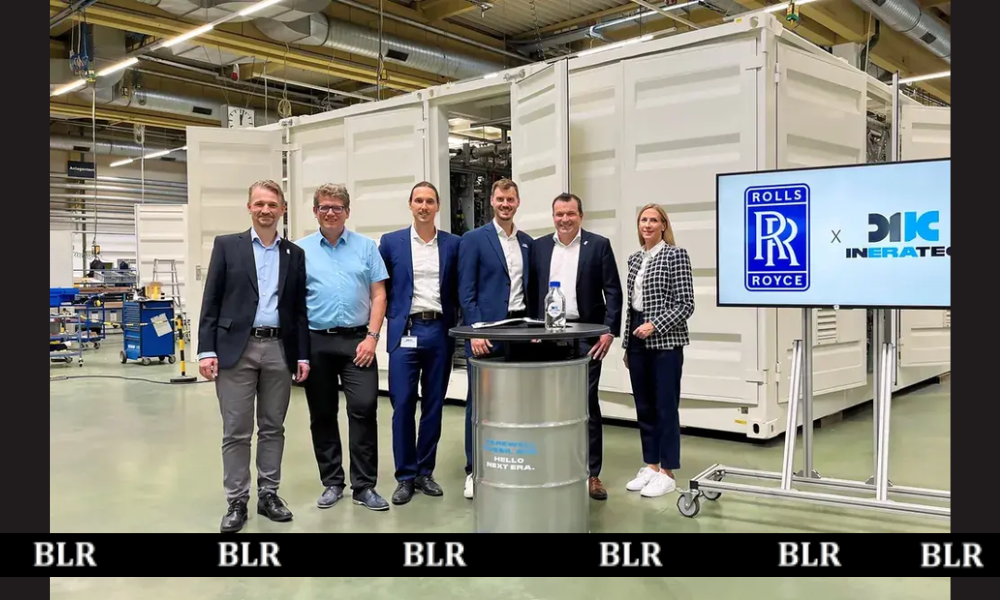Key Highlights
- Rolls‑Royce’s mtu generators will now run on low-carbon e‑fuels from INERATEC, reducing data centre emissions.
- Operators can retrofit existing diesel-driven backup systems without additional hardware or software changes.
- Launch begins in Germany, with plans to expand internationally as e‑fuel production scales.
Rolls‑Royce Power Systems and clean-tech firm INERATEC have joined forces to replace fossil diesel with synthetic e-fuels as emergency backup power for data centres. These fuels are produced via a Power-to-X process, combining renewable hydrogen with captured CO₂ to generate low-emission e-diesel.
Scalable and Compatible Power Solution
INERATEC’s fuel is ISCC-certified and compatible with Rolls‑Royce’s mtu generators, requiring no hardware modifications for immediate adoption. This enables data centre operators to decarbonise graduation-critical systems without disrupting uptime or reliability.
Renewable Fuel Tech Catalysed by Frankfurt Facility
INERATEC’s ERA ONE plant near Frankfurt can produce up to 2,500 tonnes of e-fuel annually, powered by Clariant’s advanced ShiftMax™ 100 RE catalyst, which enhances syngas production from hydrogen and CO₂.
Strategic Impact on German and Global Data Centres
With AI-driven data growth accelerating power demands, backup systems remain a stubborn emissions source.
Rolls‑Royce and INERATEC’s collaboration offers a drop-in decarbonisation path for Tier III and IV data centres, eliminating major Scope 1 emissions. The partnership starts with German deployments but is intended to scale internationally.
This initiative marks a significant shift toward sustainable backup solutions in critical infrastructure. As e-fuel production capacity increases and global rollout accelerates, data centres can transition to cleaner emergency power systems without compromising resilience or efficiency.
As global regulations tighten around emissions and ESG (Environmental, Social, and Governance) compliance becomes standard, data centre operators are under pressure to adopt greener technologies without compromising reliability.
By leveraging synthetic e‑fuels as a transitional energy solution, this partnership bridges the gap between today’s infrastructure and tomorrow’s net-zero ambitions.
If successfully scaled, the initiative could influence other carbon-intensive sectors like transport, manufacturing, and aviation, proving that sustainable fuels aren’t just futuristic concepts, but practical tools for immediate climate action.


